Microbes
-
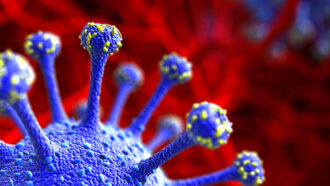 Microbes
MicrobesExplainer: Virus variants and strains
When viruses become more infectious or better able to survive the body’s immune system, they become a type of variant known as a strain.
By Janet Raloff -
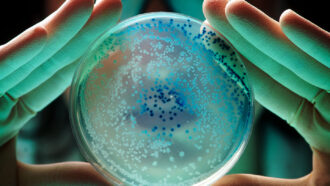 Microbes
MicrobesLet’s learn about microbes
There may be a billion species of microorganisms on Earth — but scientists have only discovered a small fraction of them.
-
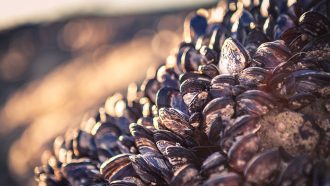 Animals
AnimalsCommon parasite may help mussels survive heat waves
By whitening shells, the organism helps the shellfish stay cool on sunny days, a new study suggests.
By Sid Perkins -
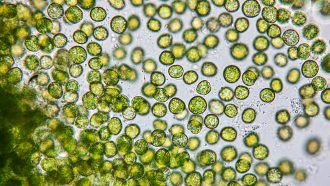 Microbes
MicrobesSeveral plant-like algae can morph into animal-like predators
Single-celled green algae swim through water as free cells. Most use only photosynthesis for their energy. But not all of them, a new study shows.
By Laura Allen -
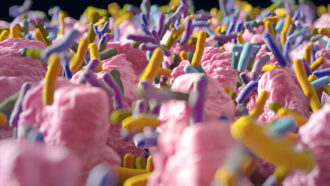 Microbes
MicrobesSome microbial hitchhikers may weaken body’s attack on COVID-19
New research identifies an altered mix of microbes in the body — ones commonly seen in people with poor diets — that may worsen coronavirus disease.
-
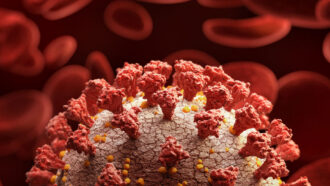 Health & Medicine
Health & MedicineSome young adults will volunteer to get COVID-19 for science
Researchers will soon give some healthy people the new coronavirus. Their young volunteers have agreed to get sick to speed coronavirus research.
-
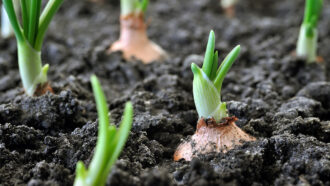 Agriculture
AgricultureHealthy soils are life-giving black gold
Scientists explain why everyone needs to value the soils beneath our feet — and why we should not view them as dirt.
-
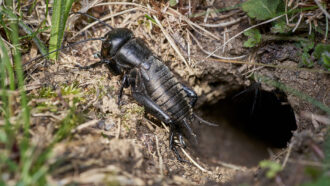 Agriculture
AgricultureSoil (and its inhabitants) by the numbers
Teeming with life, soils have more going on than most of us realize.
-
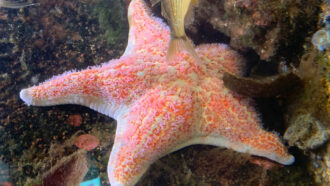 Animals
AnimalsChoked by bacteria, some starfish are turning to goo
For years, researchers thought gooey, dying starfish were infected. Instead, these sea stars are suffocating. And bacteria may be behind it all.
-
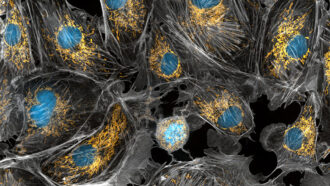 Animals
AnimalsScientists Say: Organelle
An organelle is a part of a cell with a particular function. Like organs. But for cells.
-
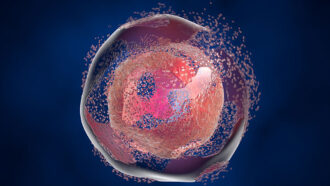 Health & Medicine
Health & MedicineScientists Say: Apoptosis
When it’s time for cells to die, they need to do it carefully, so they don’t harm other cells.
-
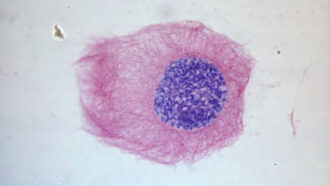 Microbes
MicrobesScientists Say: Nucleus
Nucleus comes from the Latin term “nuc,” meaning nut or kernel. In science there are lots of nuclei. Every one of them is the center of something.